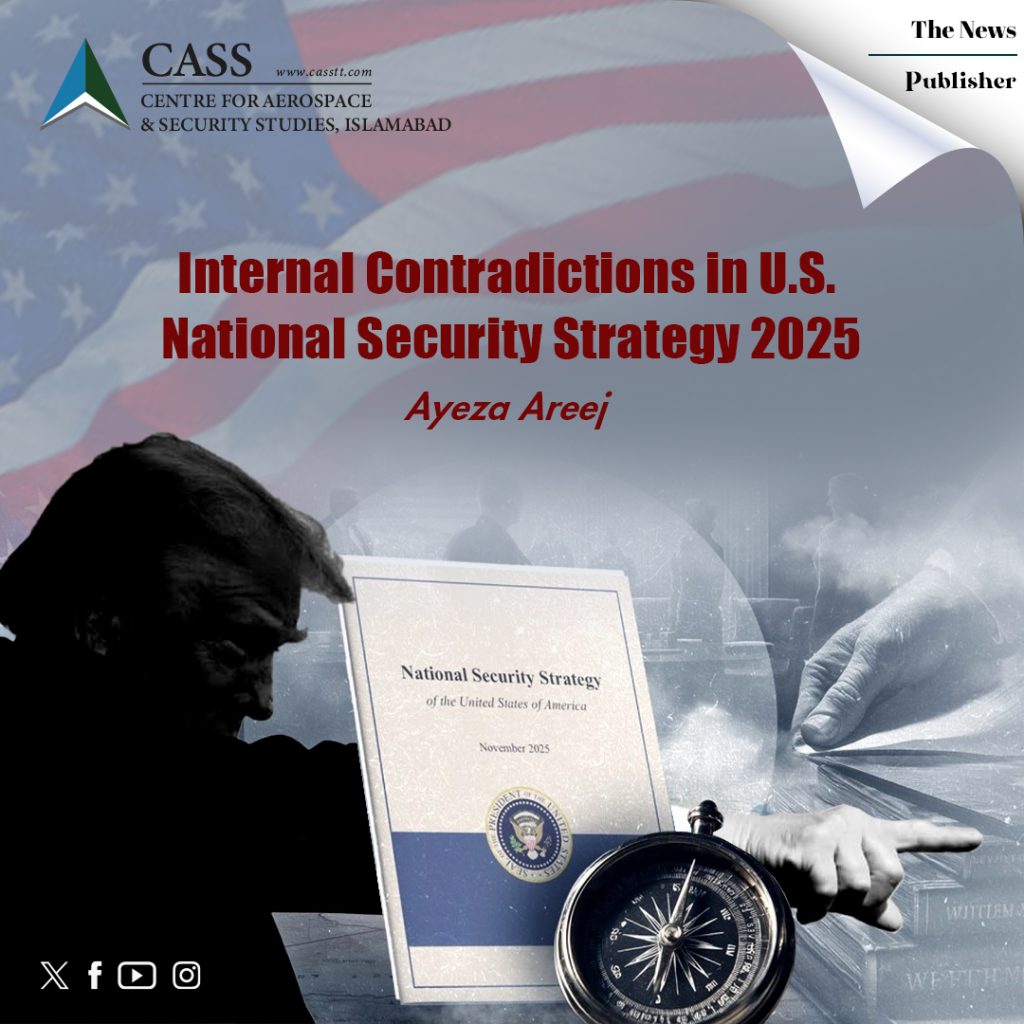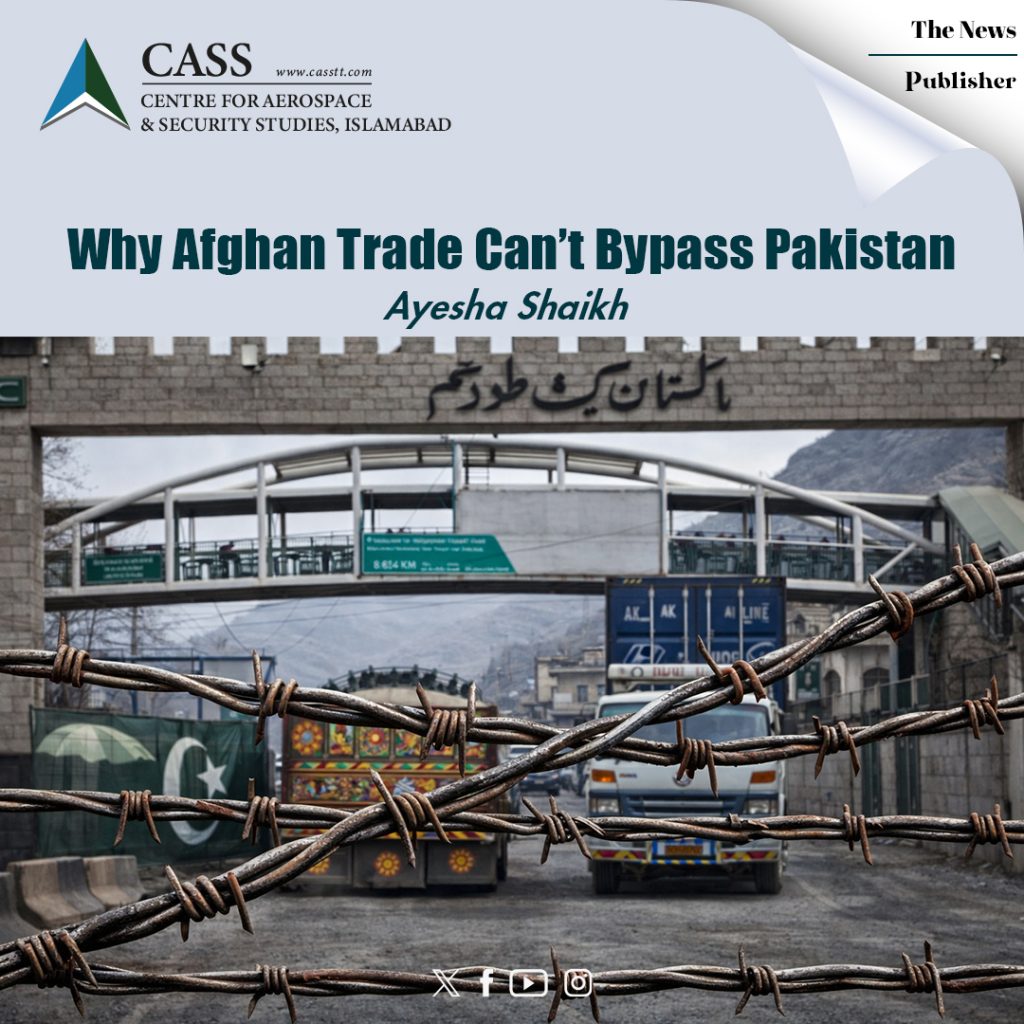The global economy of today exists in two parallel realms: the surface economy that is circumscribed by international and domestic regulation and oversight; and the shadowy economy that is large, amorphous, and fast-growing. Money laundering feeds this shadow economy, and it creates many domestic and international security risks, including the financing of nefarious non-state actors, promoting corporate and individual tax evasion, worsening economic inequality, and sustaining organized criminal activity. Leaks in recent years such as the Panama Papers, Russian Laundromat, and FinCEN only give us a glimpse of the problem. Yet the main bodies in charge of oversight of this space, such as the Financial Action Task Force (FATF) have a very limited focus, and even a political agenda of their own. For example, the FATF ranked United Kingdom’s (UK) compliance as the best in the world, although it is still marred by inefficiencies and is a work-in-progress.

Share this article

Internal Contradictions in U.S. National Security Strategy 2025
National Security Strategy (NSS) of United States, released by President Trump, intends to reform the miscalculations of past leaders and improve decades of Washington’s reach. Trump administration, as per the document, promises respect for sovereignty, restraint and renunciation of protracted global involvement. However, upon closer examination, the 33-pager document is full of internal inconsistencies. In contradiction to NSS, which vows to pull back from taking global responsibilities and adopts the policy of non-intervention, the U.S. pressurises other states through economic, military and political coercion.

Why Afghan Trade Can’t Bypass Pakistan
A year ago, the Sarhad Chamber of Commerce Industry (SCCI) and Pakistan-Afghanistan Joint Chamber of Commerce Industry (PAJCCI) reached a Memorandum of Understanding to boost trade between Pakistan and Afghanistan, only to end in doldrums in 2025. Due to the recent geopolitical tensions between the two states, the Taliban’s minister of commerce declared a trade boycott against Pakistan. While the move is compelled by the geopolitical rift, it is a miscalculated decision given the region’s geographical reality

Pakistan’s Sovereign Victory: Beyond the China Spectre
In an annual bid to review U.S.-China relations, the U.S.-China Economic and Security Review Commission’s (USCC) report for the year 2024-25 has overplayed the role

